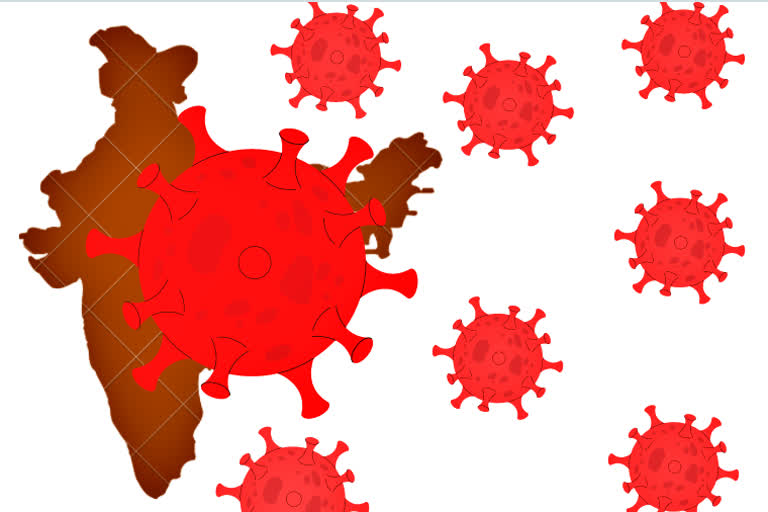Hyderabad: India's current surge in the COVID-19 cases is an unparalleled public health crisis. With expanding growth in the number of daily infection cases since March this year, the nation has reported over 4,00,000 fresh cases daily on May 1, 2021.
Without easing, estimates suggest that India could reach more than 1 million coronavirus cases per day with over 1 million cumulative COVID-19 deaths by August 1.
Suggesting the Indian government to act fast to flatten the second wave of Covid infection, the Lancet COVID-19 Commission India Task Force has laid a national action plan.
Read:| 1 In 3 Women With COVID Pneumonia At Lung Damage Risk: Lancet
The Commission has summarised some of its recommendations in the panel as follows:
Enhance medical preparedness
• Prepare estimates to predict demand for medical services
• Use primary care to supervise home care and triage of patients
• Ramp up medical supplies to prepare for future increases in COVID-19 cases
• Train medical trainees as backup staff
• Set up oxygen-generating plants
• Suspend elective procedures and restrict non-emergent outpatient care
• Prevent hospitals, testing sites, and vaccination centres from becoming super-spreader sites
• Equip staff with high-quality personal protective equipment
• Set up temporary, dedicated COVID-19 facilities in partnership with the private sector
Coordinate and scale-up mass vaccination campaigns
• Prioritise vulnerable populations when there are COVID-19 vaccine supply constraints
• Support state-level estimations of demand
• Negotiate and coordinate vaccine procurement across states
• Negotiate patent waivers and production clearances for the broader set of vaccines
• Incentivise and support local manufacturing capacity
• Ensure smooth supply chains
• Implement a coordinated strategy between states
Temporarily ban gatherings of more than ten people and close all venues where such gatherings can occur
Close indoor public spaces, except those providing essential services
Physical distancing and hygiene along with mandatory universal mask-wearing in confined spaces and outdoors; focus on cross-ventilation of indoor spaces
Read:| Coronavirus Predominantly Spreading Via Air: Lancet Study
International and domestic mobility
• International travellers have 7 days of institutional quarantine and a second week of home quarantine (with daily follow-ups and a negative RT-PCR on day 8)
- Make rapid antigen testing available in low-risk areas at all points of travel (eg, bus)
Scaled up SARS-CoV-2 testing
• Immediate expansion in the supply of RT-PCR tests
• Allow patients with a diagnosis of COVID-19 based on symptoms or RDT to be admitted to hospitals
• Expanded testing and expedited, transparent reporting of results
Decentralised contact tracing and isolation
• Quarantine and isolation for 2 weeks enforced and managed at the local level
• Test and isolate immediate family and close known contacts
Public communication, data transparency, and engagement for collective responsibility and action
• Transparency in reporting the numbers of COVID-19 cases, hospitalisations, and deaths
• Regular communication with daily official public briefings
• Acknowledge the pandemic’s impact on the poorest and most vulnerable populations
• High-profile campaign with clear, consistent, and forceful messaging of evidence-based content
• Coordinate communication between the centre and states and engagement with civil society and non-governmental organisations
• Group-specific communication on behaviour change, tailored to targeted populations
Political leadership
• COVID-19 central and state-level war-room cabinet that meets daily
Data for decision making
• Credible and regular projections of the trajectory of the pandemic
• Sharing of anonymised microdata
• Ramp up genome sequencing to 5% of all tests
• Open dataset for real-time data collection
• Transparency in the sources of data
• Release data on SARS-CoV-2 sequencing and age and gender distribution of COVID-19-related mortality and severe events to the broader scientific community
Read:| Mixing Covid vax doses safe, can raise side effects: Lancet
The panel has been devised from the recommendation made by the Lancet COVID-19 Commission India Task Force's report 'Country-wide Containment Strategies for Reducing COVID-19 Cases in India April 2021.'



